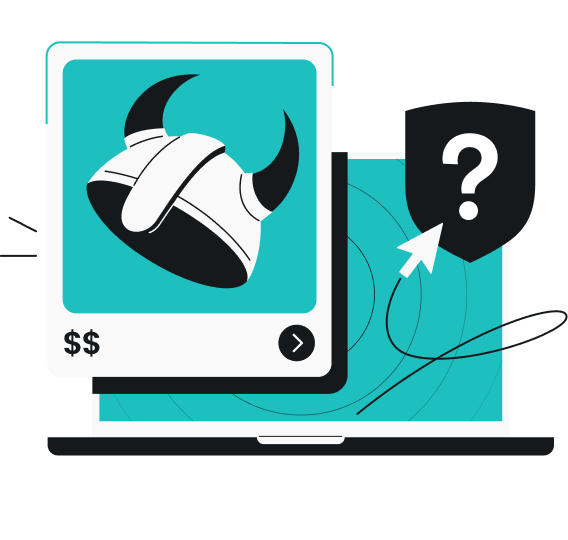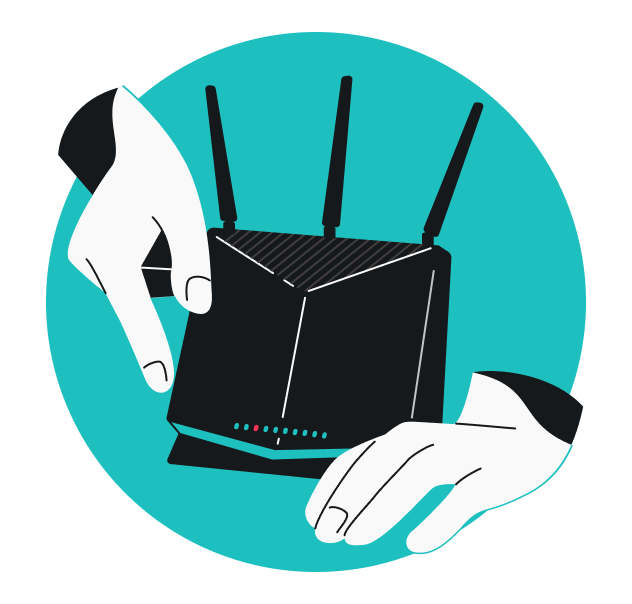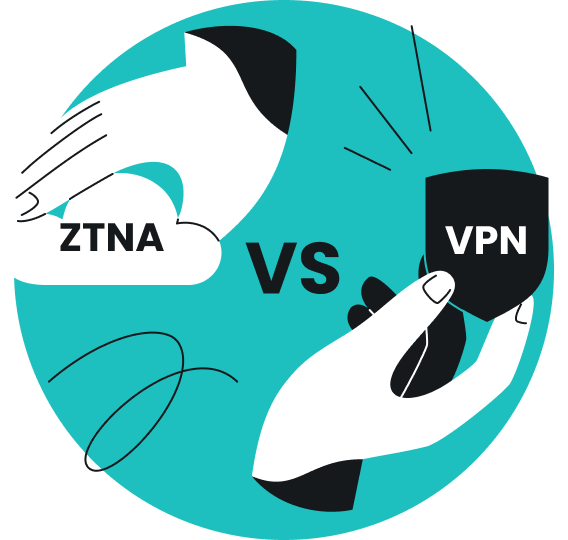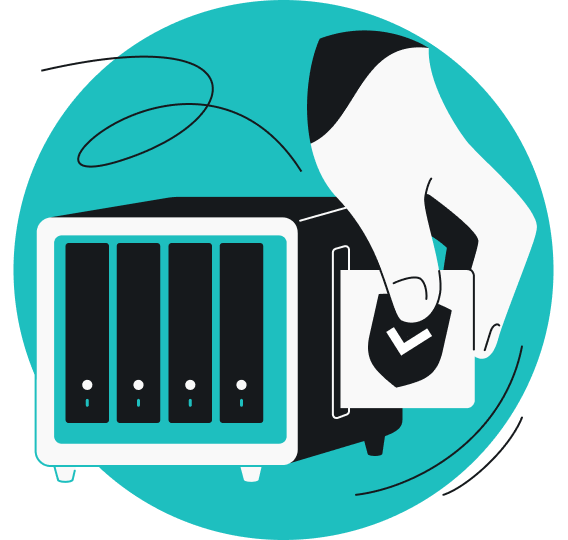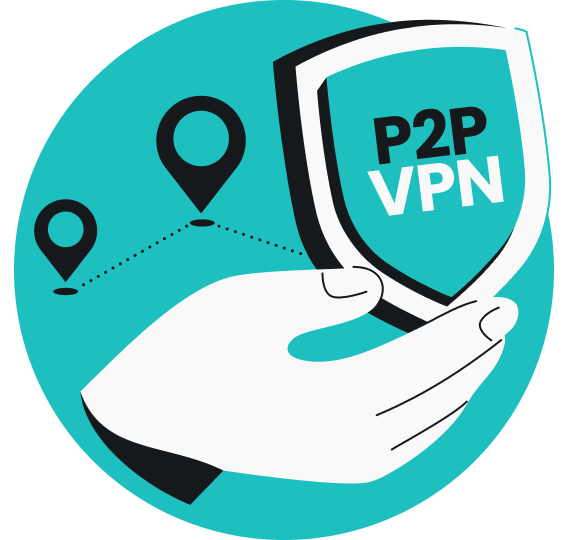AliExpress is an international online marketplace owned by Alibaba, the Chinese e-commerce giant. With millions of listings covering just about every category, its appeal is clear: ultra-low prices and an extensive selection.
But cheap and convenient doesn’t always mean safe. The platform itself is legitimate, yet issues like counterfeit goods, unreliable sellers, and brushing scams remain common. Here’s what you should know before making your first purchase and how to protect yourself.
What is AliExpress?
AliExpress connects third-party sellers — mostly Chinese manufacturers and retailers — with shoppers in more than 200 countries and regions. Part of China’s Alibaba Group, it’s now one of the biggest cross-border retail platforms, drawing around 720 million visits a month.
Though often referred to as the “Amazon of China,” AliExpress doesn’t usually sell products on its own. Instead, nearly everything you buy there comes from third-party sellers, with independent merchants listing products, setting prices, and handling fulfillment themselves. AliExpress, in turn, earns mainly through commissions and service fees on each sale.
Why is AliExpress popular?
Several factors are behind AliExpress’s popularity. Here are the main ones:
Cheap prices
AliExpress is best known for its low prices. While its price tags might raise an eyebrow, most of the affordability comes down to clever business strategies rather than anything overly sketchy. Here’s what keeps prices low:
- Direct-to-consumer model: by linking buyers directly to manufacturers and wholesalers, AliExpress cuts out intermediaries and keeps prices low;
- Low labor costs: most sellers are based in China, where production and labor expenses are generally cheaper than in many Western countries;
- Bulk production: many items are mass-produced, with thousands of identical units made at once to bring down the cost per item;
- Economies of scale: as part of Alibaba Group, AliExpress benefits from shared logistics, payments, and marketing support;
- Unbranded items: much of what’s sold on the platform is generic, so you’re not paying extra for branding, advertising, or fancy packaging;
- Longer shipping times: to keep costs low, most sellers use subsidized economy options like China Post rather than express couriers.
Huge selections
AliExpress offers a diverse selection of products from various categories — from clothes and home décor to electronics and machinery. Since everything’s in one place, it’s easy to compare prices, check reviews, and pick sellers that fit your budget or preferences.
The platform is also home to businesses of all sizes, from massive factory suppliers to small independent shops. So, beyond everyday items, you’ll also come across unique, custom, or novelty products you might not see elsewhere. Think oddly specific cosplay outfits, obscure gadget parts, or hyper-realistic miniature furniture.
Global access
AliExpress positioned itself as a cross-border marketplace — built for international shoppers, not just those in China. To make that work, it supports multiple languages and currencies.
Backed by Alibaba’s logistics arm, Cainiao, AliExpress also ships to 200+ countries — helping it grow quickly, especially in regions underserved by Amazon or local e-commerce platforms. Different shipping options like FedEx, UPS, and DHL are also available at an extra cost.
Is AliExpress safe and legit?
Yes, AliExpress is a legitimate and generally safe platform backed by Alibaba Group, one of the world’s biggest e-commerce companies.
That said, it’s not completely risk-free — so you’ll still want to stay cautious.
Since AliExpress is an open marketplace with thousands of independent sellers, your shopping experience can vary from shop to shop. The most common risks include counterfeit goods, misleading or low-quality listings, potential malware threats, and occasional scams like brushing.
Of course, seller reliability isn’t the only concern. It’s also worth looking into how safe the AliExpress website itself is.
Is the AliExpress website safe?
Yes, the AliExpress website is considered safe. On the technical side, it uses the same secure protocols you’d expect from any reputable online shopping site. This includes HTTPS encryption, which protects data — such as your personal, login, and payment details — transmitted between your device and AliExpress’s servers.
Additionally, AliExpress processes payments through secure, verified channels. The platform also complies with PCI DSS (Payment Card Industry Data Security Standard) — a strict industry standard for how credit card data is handled and stored.
On top of these technical safeguards, AliExpress offers several user-focused measures to make shopping safer.
To start, it supports all major payment methods, including credit and debit cards. Alternatively, you can use AliPay, the platform’s own secure payment system. AliPay acts as a third-party escrow service — it only releases your payment to the seller once you’ve confirmed that your order arrived in good condition.
And if your order doesn’t show up, arrives damaged, or isn’t as described, AliExpress’s Buyer Protection program lets you open a dispute and request a full refund.
Of course, all those security measures only help if you’re on the real AliExpress site. There are plenty of phishing sites out there that look almost identical, often using similar-looking URLs to trick you into giving away your login or payment info. Always double-check the URL and avoid links from ads or unknown emails.
Also, save your checkouts for when you’re on a secure, private network. Public or unsecured Wi-Fi networks make it a lot easier for someone to intercept your data.
Is the AliExpress app safe?
Yes, the official AliExpress app is safe to use as long as you download it from trusted sources like Google Play or the Apple App Store. It has hundreds of millions of installs worldwide, with updates released regularly to fix vulnerabilities and improve security.
That said, like most e-commerce apps, it does collect a fair amount of user data, including:
- Your name and contact details;
- Device identifiers and browsing activity;
- Purchase history.
Depending on your settings and usage, the app may also ask for access to your camera, location, storage, or contacts. These are meant to enable features like uploading product photos, but they result in more of your personal info being stored.
If that sounds like a lot, you can manage what the app collects by reviewing its permissions first. Only share what’s necessary, and avoid linking social accounts.
Risks of shopping on AliExpress
Like any online marketplace with third-party sellers, shopping on AliExpress comes with some inevitable risks. Here are the main ones to watch out for:
Counterfeit products
AliExpress hosts thousands of third-party sellers — while plenty are legitimate, counterfeit goods remain a recurring issue. The USTR (United States Trade Representative) even added AliExpress to its Notorious Markets List in 2021 for reportedly engaging in or facilitating large-scale trademark and copyright violations.
Keep an eye out for red flags like:
- Misspelled or inconsistent branding and logos;
- Vague or poorly translated product descriptions;
- Generic or recycled stock photos;
- Suspiciously low prices or huge discounts on branded items.
Before you buy, take a minute to inspect listings closely. Compare logos and product images with official brand photos, read verified purchase reviews, and check lower-rated feedback for honest buyer experiences. When possible, opt for sellers with consistently high ratings and a solid track record.
Misleading listings
Product photos on AliExpress are often edited, cropped, or shot at flattering angles to make items look bigger or better than they actually are. In some cases, sellers even use manufacturer photos that don’t reflect the final shipped product.
To avoid disappointment:
- Read the full product specifications, including dimensions, materials, and package contents;
- Check user-uploaded photos for a better idea of what you’re getting;
- Go by actual measurements instead of size labels, especially for clothes and accessories — AliExpress sizing can differ a lot from US or European standards.
Malware-infected electronics
Some low-cost electronic devices on AliExpress have been found carrying pre-installed malware. Security researchers discovered models that secretly install background apps, collect user data, or connect to remote servers without consent.
Many of these compromised devices were linked to the BADBOX and BADBOX 2.0 operations, where cybercriminals used off-brand IoT (Internet of Things) products — like Android TV boxes, USB drives, projectors, and even digital picture frames — to spread malware. Once turned on, these devices connected to remote servers and joined click-fraud networks that ran ad scams.
To play things safe, steer clear of electronics from unfamiliar sellers or unknown brands, and stick to verified or reputable sellers.
Brushing scams and fake reviews
Some AliExpress sellers also send small, unsolicited packages in what’s known as brushing scams. Here, a seller creates a fake AliExpress account under your name or hacks into your existing one to place fake orders and leave glowing reviews. They might use your saved payment details, but more often, they cover the cost themselves to avoid raising alarms.
The goal is simple — to inflate their store and product ratings, repeating the process to make their items look like bestsellers and attract more buyers.
It might seem harmless since you’re getting a free item, but the real issue isn’t the package itself. It’s that your personal data was accessed and exploited without consent — which raises the bigger question: just how safe is your data on AliExpress?
Is your data safe on AliExpress?
Shopping on AliExpress can feel like a great deal, but your personal information might end up paying the price. Here’s a closer look at how the platform handles your data, and some of the main risks that you should keep an eye on.
Data collection and privacy
According to AliExpress’s privacy policy, the company collects quite a fair bit of personal information.
This includes:
- Name, address, phone number, and email address;
- Purchase and payment info like credit card details and billing address;
- Identification documents, such as a passport, for verification in certain cases;
- Details of your transactions, like what you bought and dispute records;
- Browsing activities and patterns;
- IP (Internet Protocol) addresses, device type, unique device IDs, browser type, and general location.
It might sound extensive, but you’ll see similar data collection when shopping on Temu or even its western counterparts, Amazon and eBay. And like its peers, AliExpress shares your data with third parties such as sellers, business partners, other Alibaba Group companies, and marketing or advertising firms.
All this data comes with serious risks. So, it’s best to only share what’s necessary and keep in mind that AliExpress isn’t immune to account breaches, password mix-ups, and other security headaches.
Data breaches and cyber risks
AliExpress hasn’t exactly been a stranger to data privacy and security concerns. Here are some of the more notable incidents:
- 2014: AppSec Labs discovered weaknesses that could have allowed attackers to hijack merchant shops, change prices, alter orders, or access user and payment details;
- 2017: Check Point Research found a flaw where fake coupon links could trick shoppers into revealing sensitive information through injected code on AliExpress pages;
- 2024: South Korea’s PIPC (Personal Information Protection Commission) fined the platform about ₩1.9 billion (approximately $1.37 million) after Korean users’ personal data was shared with around 180,000 overseas sellers without proper consent;
- 2025: privacy advocacy group Noyb accused AliExpress and other Chinese companies of unlawfully sending European Union user data to China.
Given AliExpress’s track record, it’s wise to take some precautions with your personal data. Tools like Surfshark Alert can help monitor the web for any signs that your personal information has been exposed or leaked. You can then take quick action to minimize damage, like changing compromised passwords and watching out for phishing attempts.
Use a VPN for shopping
A reliable VPN (Virtual Private Network) like Surfshark VPN can add an extra layer of security when you’re shopping on AliExpress.
Here’s how it can help:
- Encrypts your internet connection so snoopers can’t see your AliExpress login, personal info, or payment details, especially on public Wi-Fi;
- Hides your real IP address, making it harder for websites, trackers, and malicious actors to pinpoint your location;
- Keeps your shopping habits private from advertisers, trackers, and other eavesdroppers.
For added privacy, use Surfshark’s Alternative ID to create a customizable online persona with its own email address. With it, you can set up your AliExpress account while keeping your real information private. This helps keep your primary email safe from marketing spam and reduces the risk of your data being exposed if the platform suffers a data leak.
How to shop safely on AliExpress
A little caution goes a long way when shopping online. Here are some easy steps to shop more securely on AliExpress and other marketplaces.
Avoid buying brand-name items
Steer clear of name-brand products like Apple, Dyson, or Supreme on AliExpress — they’re often counterfeits. These popular brands are prime targets for knock-offs, especially on large marketplaces. Instead, you’re better off sticking to unbranded or generic items, especially for electronics, fashion, and cosmetics.
Read reviews and check seller profiles
Go through product reviews from verified buyers before you hit buy. They’ll tell you how the quality, shipping, and customer service really are. Don’t be too quick to trust vague or overly positive reviews. Check the seller’s profile too — high ratings, consistent positive feedback, and an AliExpress Choice tag are all good signs that you’re dealing with a reliable seller.
Use safe payment methods
When you shop on AliExpress, use credit cards or AliPay instead of direct bank transfers. These payment options offer extra protection if a purchase goes wrong, such as a product going missing or arriving damaged. Credit cards usually cover fraud, while AliPay has a Buyer Protection program — making it easier to get your money back if there’s a dispute.
Don’t shop on public Wi-Fi without protection
Skip shopping on public Wi-Fi, like in hotels and airports. These networks are often unsecured, making it easy for bad actors to steal your sensitive information or launch phishing attacks. If you need to shop, use Surfshark VPN to encrypt your connection and keep your data private.
Start with small purchases
Before making large purchases on AliExpress, start with a small order to test the waters. It’s a relatively safe way to check if the seller delivers what they promise in terms of product quality, shipping, and customer service. Once you’re confident they’re reliable, you can go ahead with bigger, more expensive buys.
Pro tip: For a more secure and private online shopping experience, use Surfshark Search — it lets you browse without tracking or targeted ads.
Smart shopping on AliExpress
Generally, AliExpress is a safe platform where you can buy products directly from small businesses, manufacturers, and retailers. Still, it’s not completely risk-free — phishing sites, brushing scams, and counterfeit items are just some of the things that can pose real risks if you’re not careful.
To shop more securely, take precautions like checking seller reviews, using trusted payment methods, and watching out for fake AliExpress sites. It also helps to use privacy tools to protect your data and identity while you shop. For an all-in-one cybersecurity suite that includes a VPN, Alternative ID, and more, try Surfshark.
FAQ
Is it safe to buy from AliExpress?
Yes, it’s typically safe to buy from AliExpress. Millions of users shop and receive their orders without much trouble. The platform has various security measures in place, including HTTPS encryption, PCI DSS compliance, secure payment methods, and a Buyer Protection program.
Still, AliExpress has its fair share of potential concerns. Common issues include excessive data collection, counterfeit products, misleading listings, malware-infected electronics, and brushing scams. It’s a good idea to be aware of these risks and do a little research before you make a purchase.
Is it safe to use your credit card on AliExpress?
Yes, it’s generally safe to use your credit card on AliExpress — the platform uses standard encryption and secure payment processing.
That said, its past security incidents mean it’s wise to monitor your bank and credit card statements for unusual activity and avoid saving your card on the site.
For extra protection, consider using a secure payment service like PayPal or AliPay.
Why are AliExpress items so cheap?
AliExpress items are cheap because the platform connects buyers directly with manufacturers, cutting out intermediaries. It also leverages China’s low labor costs and Alibaba’s economies of scale to keep prices down. Additionally, many items are mass-produced and unbranded, which further reduces prices.

